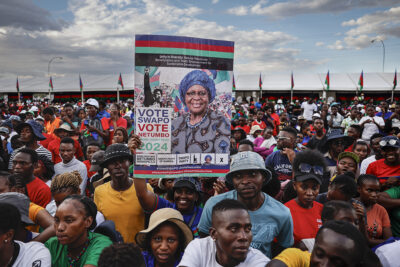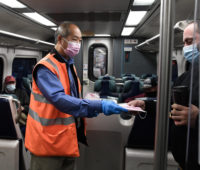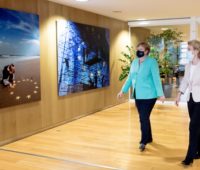Category
The spread of the novel coronavirus across the globe poses an enormous public health and economic crisis; similarly, it is a crisis of, and for governance. This may be especially the case for democracies, as in such emergency situations public safety concerns are weighed against foundational freedoms and the norms and expectations of a democratic citizenry. In these fraught times, Items seeks to call attention to the democratic politics of pandemics.
These thought-provoking and timely essays investigate the implications of Covid-19, pandemics, and major crises more generally, for democratic governance. Through this forum, Items brings a diverse array of scholars into conversation by asking: How does a public health threat the scale of Covid-19 shape democratic governance—from institutional dynamics and the role of government to citizen participation? Furthermore, what can we learn from how responses to Covid-19 differ across contexts—about inequalities, political processes, and the strengths or weaknesses of varieties of democracy?
This essay series, and the work of the SSRC’s Anxieties of Democracy program, is possible due to generous funding from the William & Flora Hewlett Foundation, the Carnegie Foundation, the Mark and Anla Cheng Kingdon Foundation, the Ford Foundation, and the Rockefeller Brothers Fund.
This theme of our “Covid-19 and the Social Sciences” essay series has been curated by Jonathan Hack, program officer of the SSRC’s Anxieties of Democracy program, and Ron Kassimir, vice president of programs at the SSRC.































